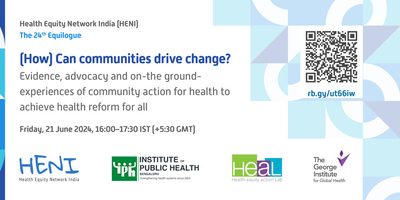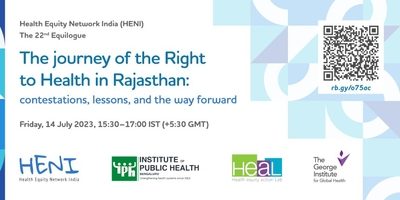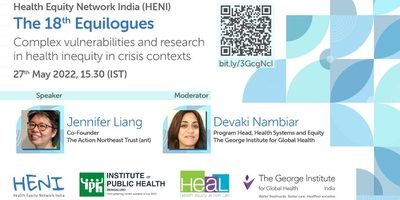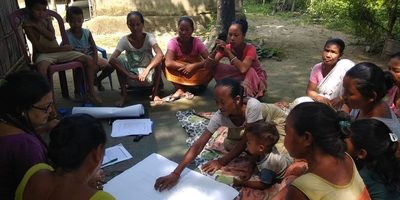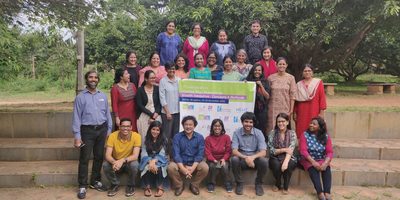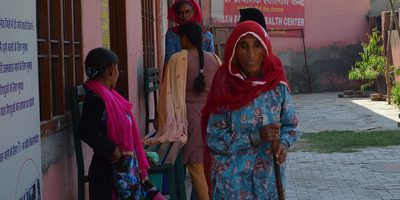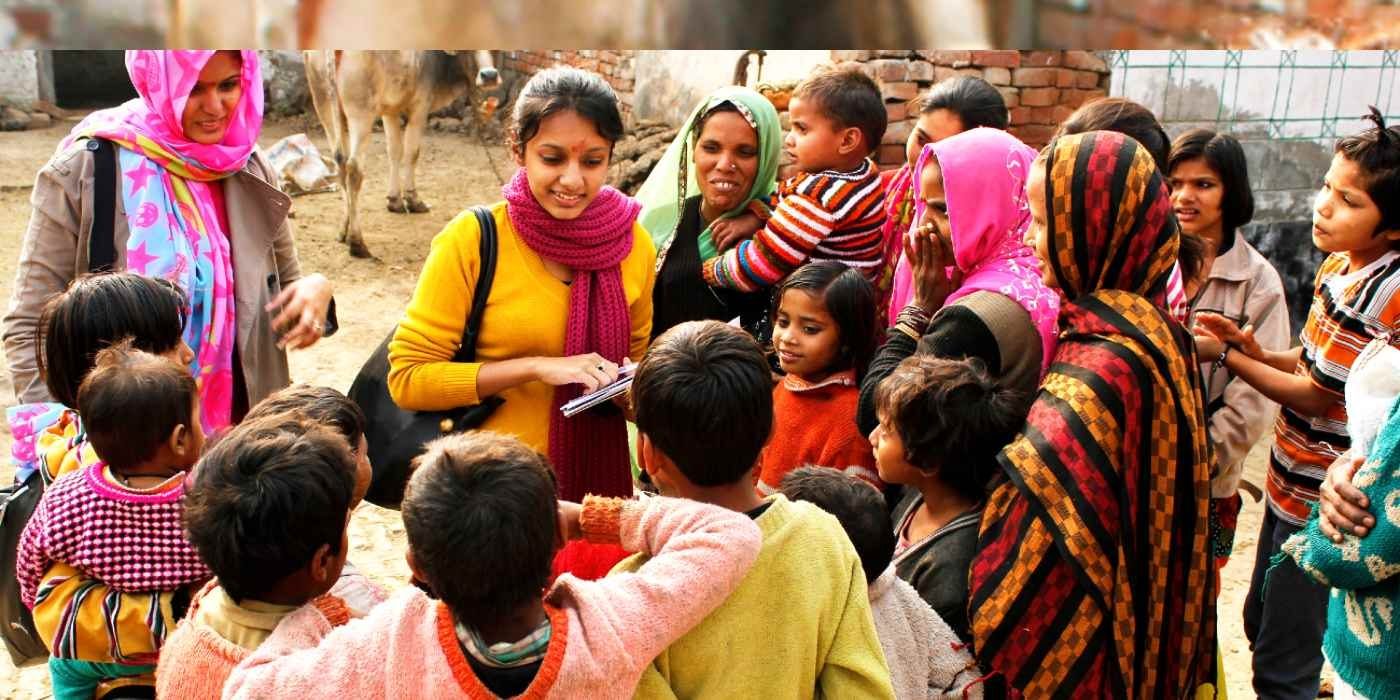
PATANG: Promoting Community Action for Health - A Co-Produced, Technology-Enabled Platform to Achieve National Goals
Background
In the pursuit of Universal Health Coverage (UHC), Community Action for Health (CAH) is considered a crucial strategy. CAH empowers communities to define their healthcare priorities and monitor the effectiveness of implemented reforms. With a long history in India, CAH has been incorporated into national policies like the National Rural Health Mission and the National Health Policy. Globally, CAH is associated with improved health outcomes, increased health literacy, and stronger healthcare systems. However, despite its potential, CAH faces challenges in India. While a pilot program showed positive impacts, concerns about its confrontational nature led to a shift towards less confrontational methods. Currently, CAH is considered underutilised and under-researched.
A 2020 review called for more systematic and nuanced documentation of CAH experiences, urging the need to identify contexts that enable or hinder its success, as well as scalable and adaptable tools. Current research is fragmented, focusing on individual states or specific efforts without addressing the broader range of CAH approaches. There is a clear need for flexible resources, iterative adaptations, and mechanisms for engaging communities in health service monitoring. This gap in knowledge and documentation underscores the need for further research and action, which the PATANG project aims to address by synthesizing evidence, co-creating a learning platform, and assessing its impact on CAH.
Aim
- To synthesise evidence on the context, mechanisms, outcomes, and costs of CAH best practices in India.
- To co-produce PATANG, a learning platform for civil society and government actors to share CAH lessons, enhance networks and access tools.
- To assess PATANG from the perspectives of civil society, state and community actors in India.
Research Methodology
The PATANG project will be conducted over five years (March 2024 – February 2029) in multiple Indian states—Kerala, Tamil Nadu, Maharashtra, Chhattisgarh, and Jharkhand—using a mixed-methods, realist-informed, co-production approach. The study will begin with a realist synthesis of existing literature and critical discourse analysis to understand the context, mechanisms, and outcomes of Community Action for Health (CAH) initiatives. Key informant interviews with state and civil society actors will further inform these analyses by exploring the effectiveness of CAH interventions across the states.
The co-production of the PATANG platform will be a key intervention, developed in Year 2. The platform will provide multilingual resources, online and offline tools, and facilitate workshops to support knowledge-sharing among community and state actors. This will help enhance local health planning and improve engagement between communities and health systems. Witness seminars will be conducted with civil society and government actors to further refine the program theories and gain deeper insights into CAH mechanisms.
By Year 4, the impact of the PATANG platform will be assessed through surveys and focus group discussions (FGDs) across exposed and unexposed regions in three states—Jharkhand, Gujarat, and Tamil Nadu. The study will use an interrupted time series quasi-experimental design to measure outcomes related to health literacy, service utilisation, empowerment, and engagement between communities and health systems.
The final phase will focus on data analysis, including cost evaluations, and dissemination of findings. These will provide insights into how the PATANG platform can be scaled and adapted to strengthen CAH practices and improve health system responsiveness in different contexts across India.
Current Status
The project is in its initial phase, with foundational activities from Year 1 in motion. This includes the ongoing realist synthesis of CAH literature and the finalisation of the protocol for critical discourse analysis. A comprehensive plan is also being developed for the collation of program/survey data and the costing component. In the coming months, the project will initiate focus group discussions (FGDs) and key informant interviews with state and civil society actors, alongside preparations for the witness seminars.



